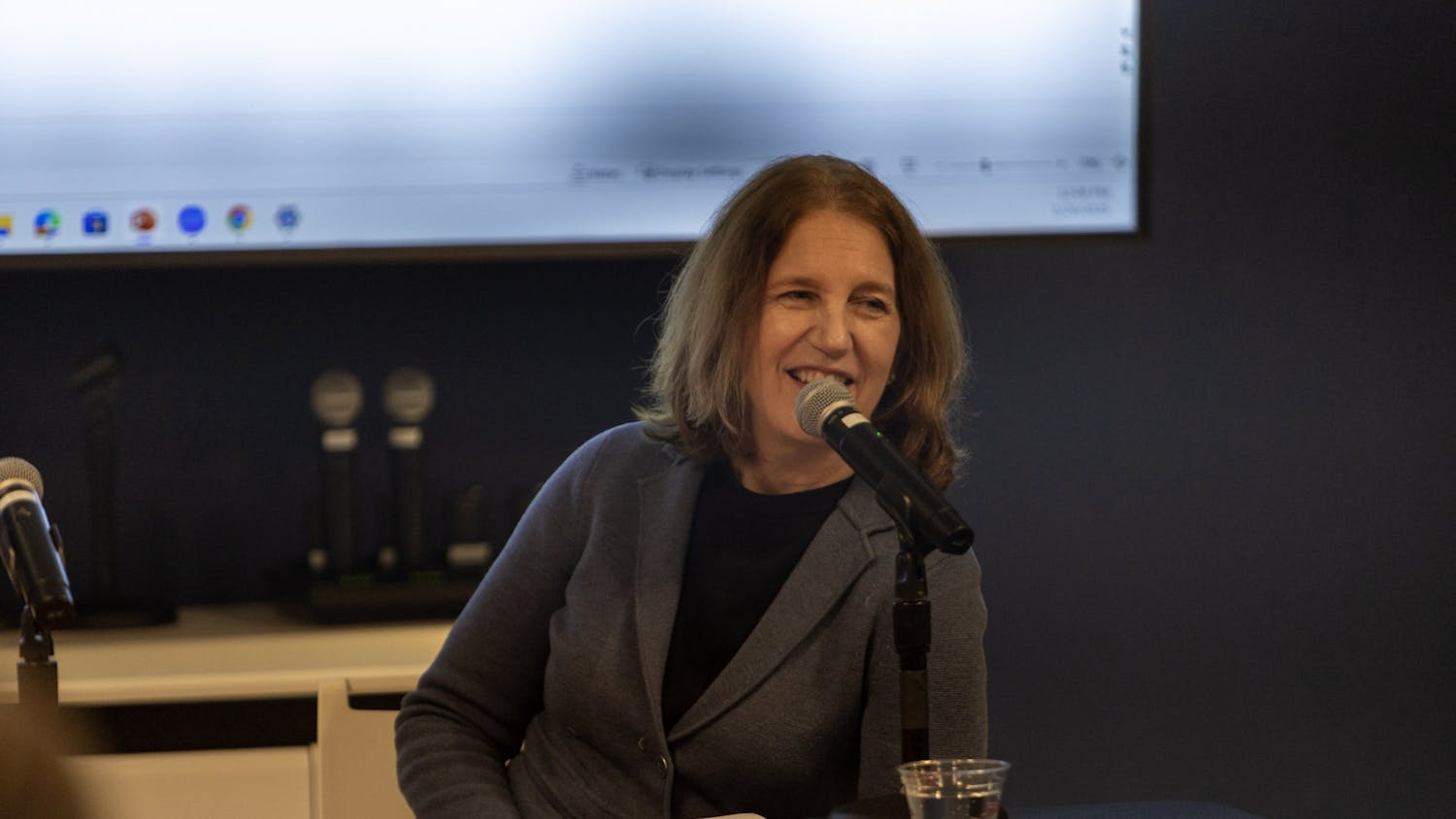The D.C. Council passed preliminary plans to build a new baseball stadium in Anacostia last Tuesday, but the future of the newly named Washington Nationals is still in jeopardy.
Six council members approved the stadium plans, four voted against it and three abstained. The three abstaining council members could vote against the legislation in the second required vote on Tuesday, which would kill the stadium plans and possibly baseball's return to the city.
Several amendments were made to the stadium bill. One cut funding from excess tax collection for libraries and public schools, and one demanded a second cost analysis of the stadium budget. If the new cost analysis says the stadium will cost at least $100 million more than the last estimate, a new site must be chosen.
"When they really take into [account] the full range of costs they need to, the cost will be much higher," said Ed Lazere, a member of the No D.C. Taxes for Baseball Coalition and president of the D.C. Fiscal Policy Institute.
The institute released a study last year saying the mayor had overestimated the financial benefits baseball would bring to the city. Lazere said the city didn't take into account environmental cost factors and is relying on variable sources of funding, like taxes on ticket sales.
"The amount will depend on how many people will actually go to games, and there's a trend around the country [that] if the team performs badly, attendance drops," he said.
"The fact that this could go well above $600 million is ridiculous," said Chris Wiess, also a member of No D.C. Taxes for Baseball Coalition. "You'd think that fact alone would make officials slow down and take a good look at this thing."
Weiss would like the stadium to be environmentally friendly. He said a stadium on the waterfront would increase the pollution in the Anacostia River.
"We don't have to be afraid of taking on Major League Baseball millionaires," Weiss said. "I keep telling people we can have a plan that is good for the environment and fiscal policy."
Lazere and Weiss said they are both hopeful that the mayor will renegotiate with Major League Baseball. They also said they support council chairwoman Linda W. Cropp, and don't think she'll pass the stadium budget before a better deal is worked out by the second vote.
"If they don't make concessions by Dec. 14, the council should not vote for it," Lazere said. "Who gets concessions after a contract gets signed?"
Mayor Anthony Williams released a statement saying the first council hearing was a "vital step" in bringing baseball back to the city.
"Baseball will serve as a catalyst to spur economic growth, create new jobs and bring in new revenues to the city," Williams said in the statement.
The statement also outlined the reasons he feels the new stadium will help the city, including revenue for the city to fund schools, new jobs and a revitalized Anacostia waterfront.
Major League Baseball seems unmoved by the controversy, and approved moving the Montreal franchise to D.C. on Friday. It also opened the team store Friday.
"This is another important step in finalizing the relocation of the Montreal Expos to Washington, D.C.," MLB Commissioner Bud Selig said in a statement. "We are looking forward to finishing the last few steps, including the sale of the ball club, and the rebirth of the club as the Washington Nationals."
Major League Baseball approved the move based on the terms of the agreement baseball officials and the mayor agreed to in September. If the D.C. Council changes any of those terms, including the stadium location, MLB can change its mind and move the franchise elsewhere.




